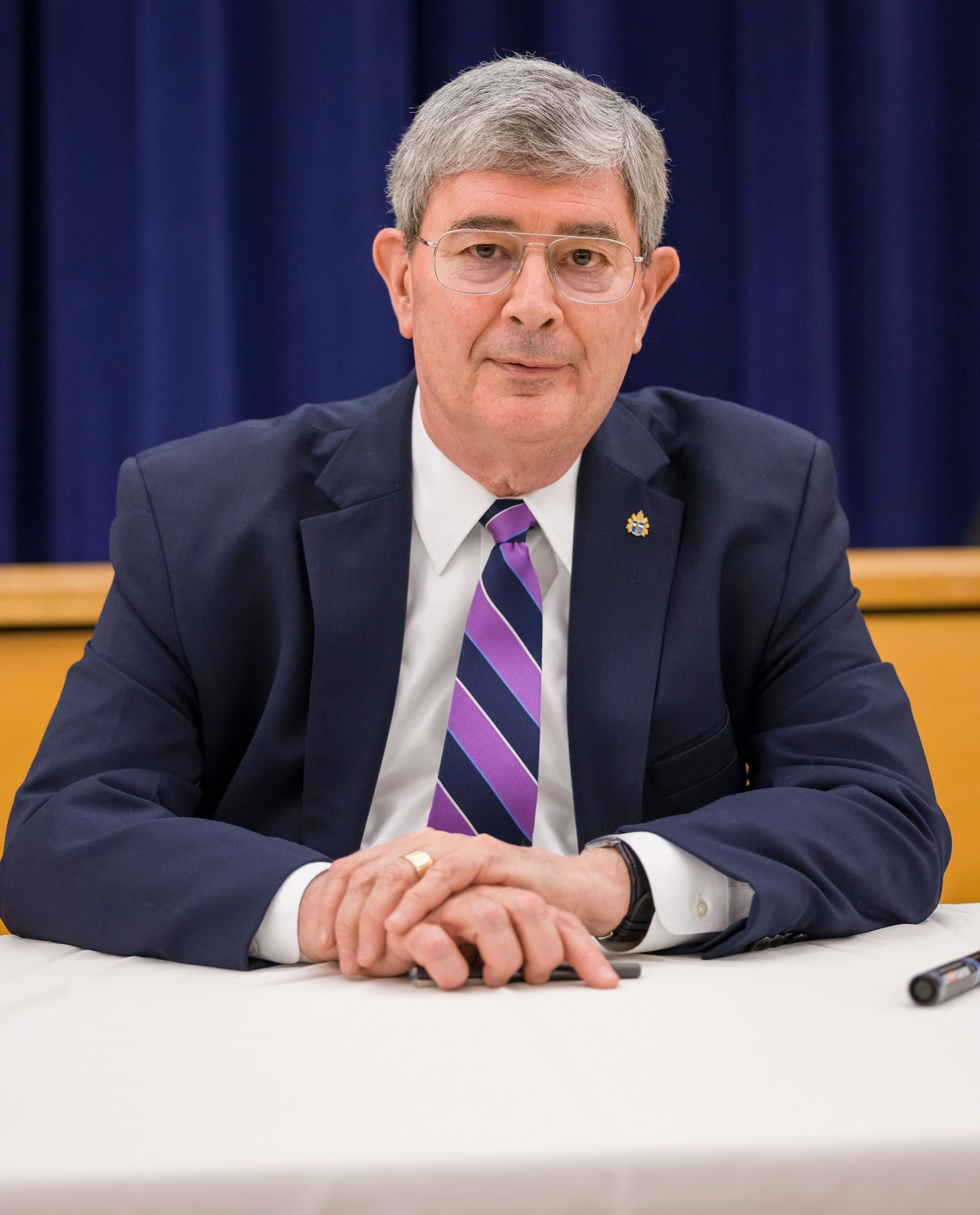Once upon a time, before the Cuisinart of advanced educational thinking reduced history, geography, and civics to the tasteless gruel of “social studies,” humanity’s story was taught in a linear fashion, and under chapter headings that went something like this: Ancient Civilizations, Greece and Rome, the Dark Ages, the Middle Ages, Renaissance and Reformation, the Age of Reason, the Age of Revolution, the Age of Democracy, the Space Age, and so forth. These headings were not without their defects: The so-called “Dark Ages” were anything but “dark”; there were multiple “Reformations,” not just one; the “Age of Reason” was often unreasonable about the breadth of the human capacity to know things; the “Age of Democracy” had to contend with totalitarianisms of one sort or another, one of which grew out of a misbegotten democracy, Weimar Germany.
Still, teaching world history that way did give one a sense of the vast panorama of human achievement (and human depravity) and did so in a way that made considerable sense of why-things-happened-when-they-did.
History is always clearer, and even more conducive to a measure of optimism, when seen through the rearview mirror; the most difficult history to read is the history of Right Now. Still, I think few would dispute the claim that, read in terms of what we see around us today, there’s not a lot to be jolly about. The United States seems on the verge of another presidential race between two old men, neither of whom has the capacities necessary for competent, much less visionary, leadership. The French are going nuts over the prospect of working until sixty-four. Mexico is becoming a failed state if it’s not there already. Petty tyrants rule the roost in Venezuela and Nicaragua, and Cuba remains an island prison. Israel is tearing itself apart at just the moment when the threat posed by the apocalyptic mullahs in Tehran is most menacing. The moral monster in the Kremlin seems hell-bent on further destruction in Ukraine, and his bromance buddy in Beijing, Xi Jinping, doubles down on draconian social controls and genocide. No one has a serious plan for dealing with global issues such as enormous migrant flows, climate change, and narco-terrorism.
So where is hope to be found?
It’s to be found in reading history differently, as Christians ought to do.
The Christian understanding of “world history” unfolds under a different set of chapter headings than those noted a moment ago. In the Christian view of things, the human story unfolds under these headings: Creation, Fall, Promise, Prophecy, Incarnation, Redemption, Sanctification, the Kingdom of God (or, if you prefer, the Wedding Feast of the Lamb). Moreover, Christians understand—or ought to—that this history, salvation history, does not run on a parallel track to “world history” as that subject was once taught. No, salvation history is what is happening inside “world history” from the Big Bang through now—and on into the future, for as long as there is “time” as we perceive it. Salvation history is the inner dynamic of “world history,” read at its true depth and against its appropriately ample horizon.
That salvation history pivots on what Catholics know as the Paschal Triduum of Holy Thursday, Good Friday, and the Easter Vigil: one continuous liturgical action culminating in the proclamation of the Lord’s Resurrection, which is the definitive revelation of history’s meaning and end. At Easter, Christians proclaim to the world that what we see on the surface of history is not all-there-is. Inside that history, driving it toward the consummation that God intended for his creation from the beginning, is the Word through whom all things came to be; the Word who took on flesh of the Virgin Mary; the incarnate Word who preached, healed, and suffered; the Word become the Risen Lord who, by displaying to his friends a new and superabundant form of life that was available to all who espoused his cause, inspired those friends to go out and convert the world.
Looking on Christ crucified and raised from the dead, seeing in him the Light of the world, Christians know how history—our personal stories and the world’s story—is going to come out. It will not end in cosmic entropy or a vast black hole (no matter how the “universe” as we know it ends). It will end in the Wedding Feast of the Lamb, where a redeemed creation enjoys eternal life with the Thrice-Holy God. That’s where history is going.
Knowing that, we can get about our tasks here and now with hope, no matter how dark the storms gathering on the immediate horizon.
George Weigel’s column “The Catholic Difference” is syndicated by the Denver Catholic, the official publication of the Archdiocese of Denver.

George Weigel is Distinguished Senior Fellow of Washington, D.C.’s Ethics and Public Policy Center, where he holds the William E. Simon Chair in Catholic Studies.
First Things depends on its subscribers and supporters. Join the conversation and make a contribution today.
Click here to make a donation.
Click here to subscribe to First Things.
Photos by Creazilla licensed via Creative Commons. Image cropped.
You have a decision to make: double or nothing.
For this week only, a generous supporter has offered to fully match all new and increased donations to First Things up to $60,000.
In other words, your gift of $50 unlocks $100 for First Things, your gift of $100 unlocks $200, and so on, up to a total of $120,000. But if you don’t give, nothing.
So what will it be, dear reader: double, or nothing?
Make your year-end gift go twice as far for First Things by giving now.


